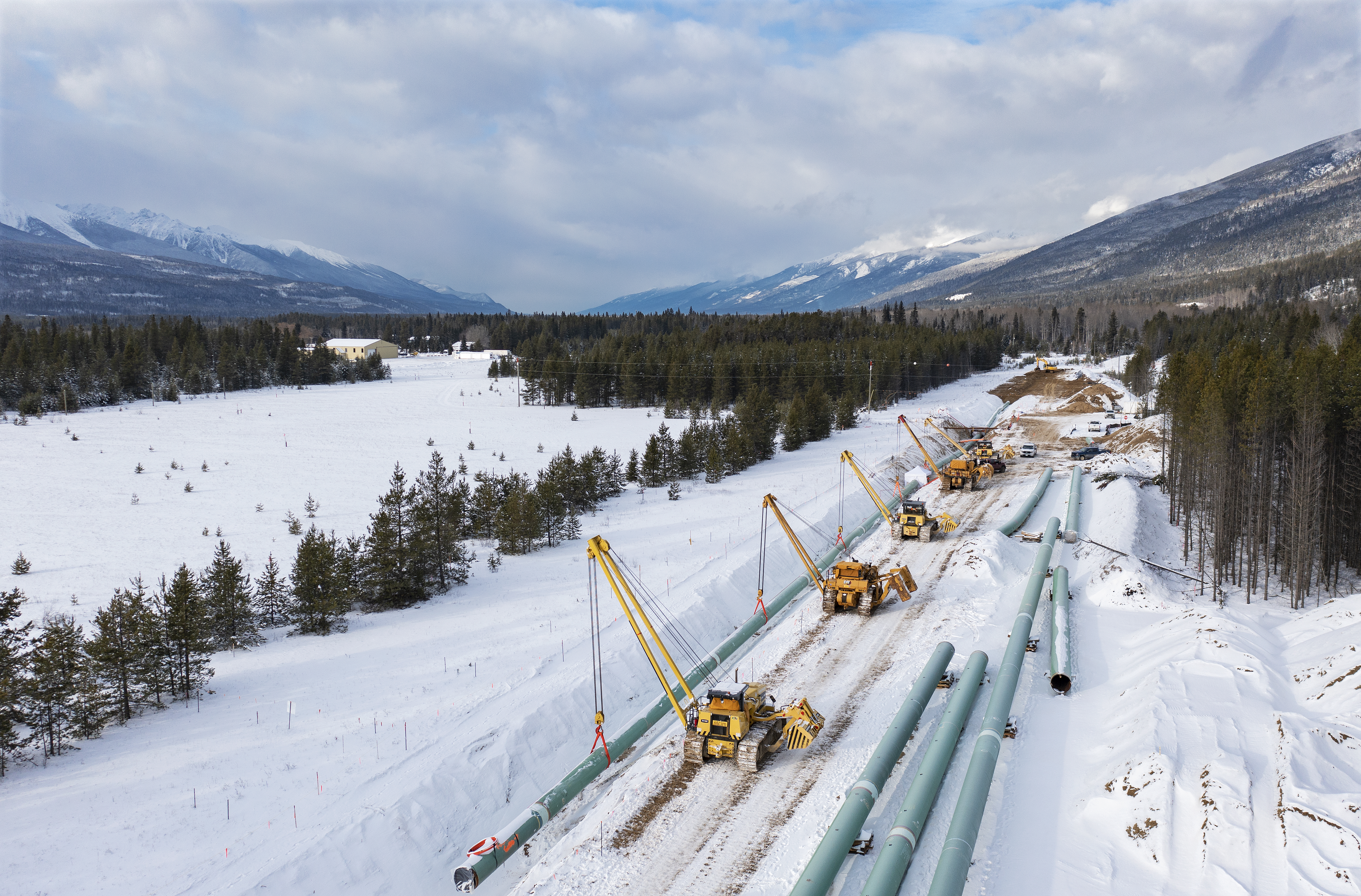Canadian Regulators Approve Preliminary Interim Tolls on Expanded Trans Mountain Pipeline
(Reuters) — The Canada Energy Regulator (CER) on Thursday approved preliminary interim tolls for the expanded Trans Mountain pipeline system, allowing the project to begin charging for shipping services once operations start.
The interim benchmark toll is set at $11.46 per barrel and applies to shippers with a 15-year contract transporting under 75,000 barrels per day (bpd) from Edmonton to Burnaby. Other tolls will vary by path, length of contract and volume commitment, the CER said.
Trans Mountain applied in June for a base toll of $11 to $12 a barrel, depending on the type of crude shipped and its destination, but was met with opposition from a number of contracted shippers including Canadian Natural Resources Ltd and Cenovus Energy, who argued tolls were too high.
The newly approved interim benchmark toll consists of a fixed amount of $10.88 per barrel and a variable portion of $0.58. The fixed amount is nearly double what Trans Mountain estimated it would be in 2017, as a result of ballooning construction costs.
The 590,000 bpd expansion project will nearly triple the flow of Canadian crude to the Pacific coast, but is expected to cost C$30.9 billion ($22.79 billion), more than four times its original budget.
TMX is scheduled to come online by the end of March 2024.
The CER is still planning to hold a hearing on final tolls next year and asked Trans Mountain to provide additional cost information by Dec. 15.
Long-term shipping contracts cover 80% of the expansion project's capacity. The final tolls will affect the value of the pipeline when the Canadian government, which bought it in 2018 to ensure the expansion got built, puts it up for sale.
Many analysts expect the government will struggle to recoup its full investment in Trans Mountain. Morningstar analyst Stephen Ellis said discussions around tolls could get more heated if the pipeline is sold before they are finalised.
"Shippers are unlikely to be happy paying tariffs based on a huge cost number when it has just been valued at a lot less," Ellis said. ($1 = 1.3558 Canadian dollars)
Related News
Related News

- Keystone Oil Pipeline Resumes Operations After Temporary Shutdown
- Freeport LNG Plant Runs Near Zero Consumption for Fifth Day
- Biden Administration Buys Oil for Emergency Reserve Above Target Price
- Mexico Seizes Air Liquide's Hydrogen Plant at Pemex Refinery
- Enbridge to Invest $500 Million in Pipeline Assets, Including Expansion of 850-Mile Gray Oak Pipeline





Comments